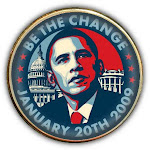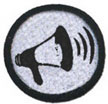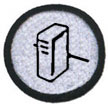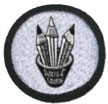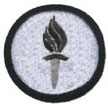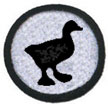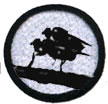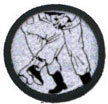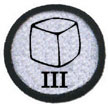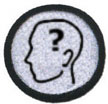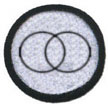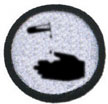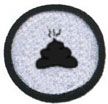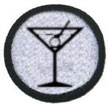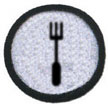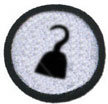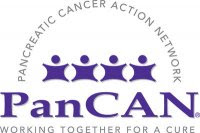Tonight I attended the twitter-inspired 'Blue skies ahead?' debate in which science minister Lord Paul Drayson gamely engaged a youthful panel (and audience) of scientists on 'the prospects for UK science'.
The first half of the debate was dominated by one word: 'impact'. It's an unfortunate word choice, really: it's vague, loaded and unidirectional, suggesting science impacts society but not the other way around. There was lively disagreement regarding the extent to which science funding should hinge on retrospective and/or predicted impact.
As evidenced by my flush of tweets during and after the event, I have a lot to say about 'impact', but in this post I'm going to set aside my opinions and instead tell a personal story of how 'impact' impacted me.
I wouldn't have thought to tell this story (it happened a while ago and as it has a happy ending I don't give it too much thought anymore), but after two respected tweeps, Ed Yong and Evidence Matters, specifically asked for it, I thought it might merit daylight.
In 2002, shiny new PhD in hand, I was looking for a job in the UK. I was casting a wide net, applying and interviewing for not only postdoctoral research positions but also assistant editorships at peer-reviewed journals and various jobs involving popular science communication. During my PhD years, I had enjoyed writing and communicating science to both expert and non-expert audiences, and moreover I think it is a scientist's civic duty to engage the broader public, to improve general science literacy but also to pave the way for future science funding.
One of the postdoc fellowships for which I interviewed seemed perfect; the project addressed some fascinating evolutionary developmental-genetic questions using a range of new and old techniques, the lab seemed like it was thriving, and the lab head had written books and popular science articles which I not only admired but which also suggested that he might be a good mentor for that element of my training.
My interview seemed to go very well: my CV was strong, I was happy with my presentation, I had good discussions with the lab head and the other members of the lab during which I asked questions, made suggestions and I even proposed an experiment that it turned out they hadn't thought of yet.
At one point during my interview, I mentioned how keen I was to stay active in public outreach, through writing and perhaps other forms of engagement, and that I admired his own accomplishments in that area.
And that's where it all went wrong. In a sudden change of tone, the lab head started asking me probing questions about my commitment to the project, suggesting that I might not be up to seeing it through. He said I might be more suited to a career as a journal editor or science communicator. I reiterated my commitment to the research project, and said that I thought that shouldn't preclude engagement with the wider public; indeed, his own success in both research and popular science writing showed that it was possible to do both, and to do them well.
But it was too late. He had made up his mind. He wanted the people in his lab to have their noses to the research grindstone; he saw public outreach as icing on the cake, something you did only once you'd achieved success in your research career and were running your own lab.
Sure enough, a few weeks later he emailed me to say he'd decided to give the job to someone else. He cited his concern about my 'level of interest and commitment to the project', repeating a phrase he had used the day of the interview after I'd divulged my sordid secret interest in improving public understanding of science.
For a while I had some regret, but then I came to realize that it was better this way. I'm glad I didn't go to his lab only to find out too late that my 'extra-curricular' interests wouldn't be looked upon favorably.
Ultimately I found a job at an institution with a genuine commitment to both scientific research and public engagement with science. There will always be a natural tension between the two - after all, there are only so many hours in the day and science is a demanding career - but I'm glad to be in a place where public outreach isn't considered a character flaw.
Coming back to the 'Blue skies ahead' debate, I hope my story illustrates what every research scientist already knows: career progression depends primarily on one's (peer-reviewed) publication record and, to a lesser extent, one's history of winning research grants. Anything that takes time away from these two activities is therefore by definition a drag on one's career. Many of us do it anyways, because we enjoy it and think it's important. But there will not be any significant increase in the number of scientists engaging in public outreach until recognition of these activities is incorporated into research career progression criteria.
Tuesday 1 December 2009
Subscribe to:
Posts (Atom)




